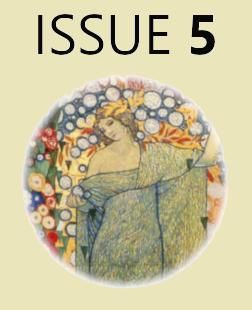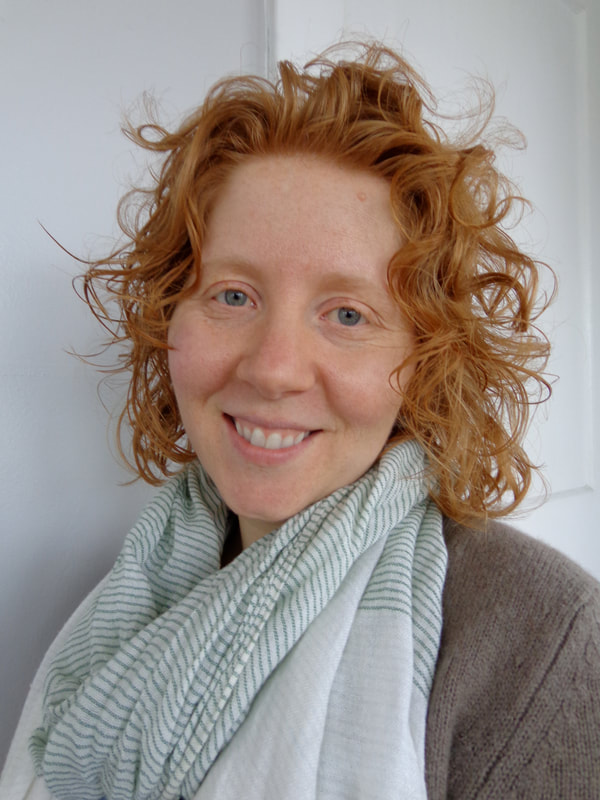|
2019 FALL PROSE CONTEST WINNER
NORTHEAST OHIO SPOTLIGHT
|
Silent HeartNonfiction by Meg Thompson
I flicked the razor on and brought it to the base of my dad’s scalp. Lifting a tuft of hair, I asked, “What’s this?”
|




